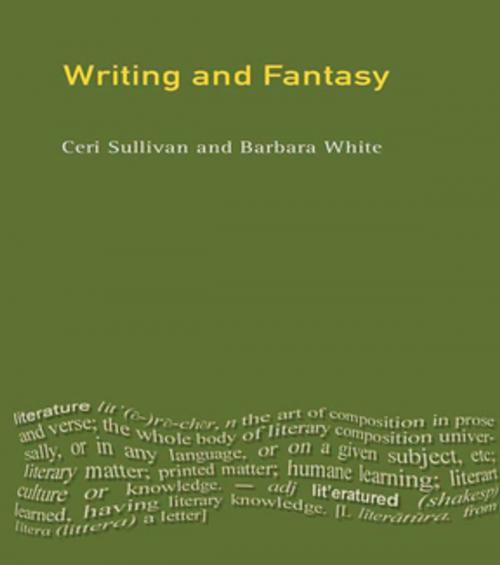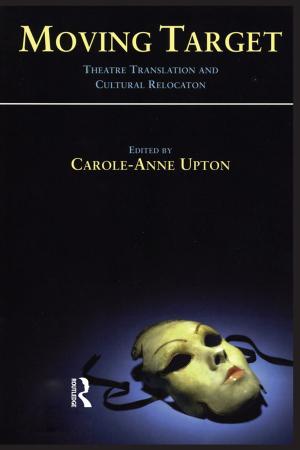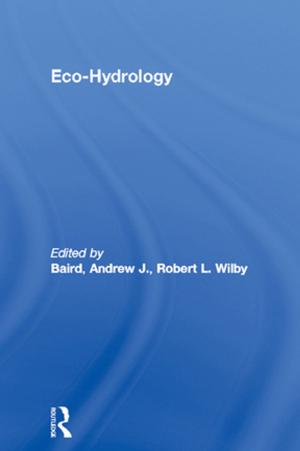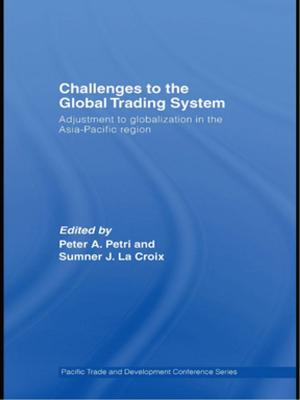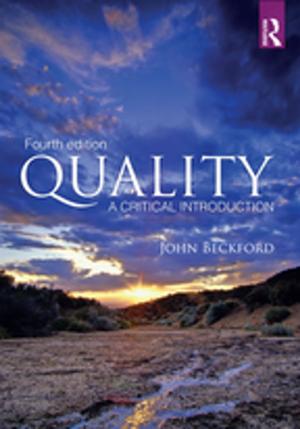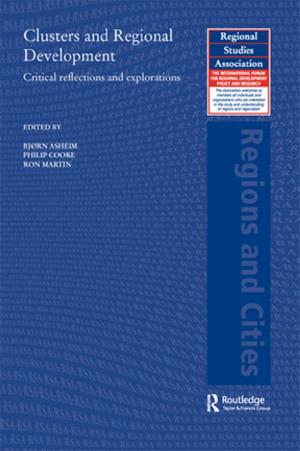| Author: | Ceri Sullivan, Barbara White | ISBN: | 9781317883784 |
| Publisher: | Taylor and Francis | Publication: | June 11, 2014 |
| Imprint: | Routledge | Language: | English |
| Author: | Ceri Sullivan, Barbara White |
| ISBN: | 9781317883784 |
| Publisher: | Taylor and Francis |
| Publication: | June 11, 2014 |
| Imprint: | Routledge |
| Language: | English |
Writing and Fantasy brings together essays which restore a sense of the fantastic as a political response to cultural opportunities and pressures. It moves on from two conventional fields of discussion: the psychoanalytic, where phantasies are produced by the emergence of the consciousness, and the social, where fantasies are the production of nineteenth-century individualism. Chapters run from the classical period to the twentieth century, each focusing on a local reading of how fantasy acts as a strategy to contain or exploit specific historical and cultural moments. A wide variety of sites are investigated including the feminization of the wild west, originary and maternal spaces, highwaywomen, financial credit, and the ideal home. Multiple genres containing fantasy are explored, ranging from ghost stories to feminist utopias.
Aids to the reader include an introduction summarising recent discussions of fantasy, illustrations dealing with visual fantasies, and an annotated bibliography. The new research presented here will be of great interest to academics and students in literature, history and cultural studies departments who are working in the field of the historical development of concepts of fantasy, cultural opposition, and the imbrication of politics and modes of representation.
Writing and Fantasy brings together essays which restore a sense of the fantastic as a political response to cultural opportunities and pressures. It moves on from two conventional fields of discussion: the psychoanalytic, where phantasies are produced by the emergence of the consciousness, and the social, where fantasies are the production of nineteenth-century individualism. Chapters run from the classical period to the twentieth century, each focusing on a local reading of how fantasy acts as a strategy to contain or exploit specific historical and cultural moments. A wide variety of sites are investigated including the feminization of the wild west, originary and maternal spaces, highwaywomen, financial credit, and the ideal home. Multiple genres containing fantasy are explored, ranging from ghost stories to feminist utopias.
Aids to the reader include an introduction summarising recent discussions of fantasy, illustrations dealing with visual fantasies, and an annotated bibliography. The new research presented here will be of great interest to academics and students in literature, history and cultural studies departments who are working in the field of the historical development of concepts of fantasy, cultural opposition, and the imbrication of politics and modes of representation.
